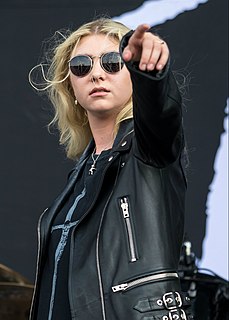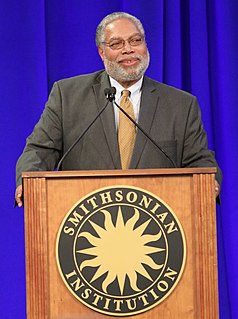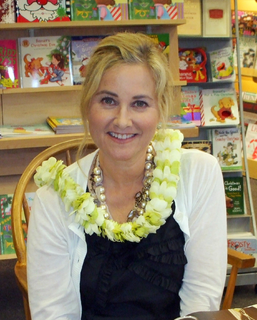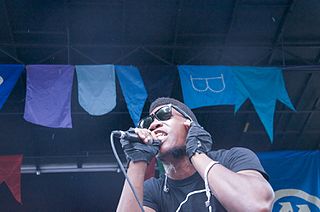A Quote by Frank McCourt
Sure, I went through my 'J'accuse' phase. I was so angry for so long, I could hardly have a conversation without getting into an argument. And it was only when I felt I could finally distance myself from my past that I began to write about what happened - not just to me, but to lots of young people. I think my story is a cautionary tale.
Related Quotes
When it seemed like I was going to really have to be there at Todd's [Willingham] execution, I don't think I could have done it. I think I began to distance myself. I didn't visit as often; I didn't write as often. This was kind of after my conversation with [fire science expert] Gerald Hurst. And the [car] accident made sure that I didn't have to go up there. But I think he and I both shared that.
It wasn't long after I began writing Star Wars that I realized the story was more than a single film could hold. As the saga of the Skywalkers and Jedi Knights unfolded, I began to see it as a tale that could take at least nine films to tell - three trilogies - and I realized, in making my way through the back story and after story, that I was really setting out to make the middle story.
I've been with the project for like three years: creating it, pushing it. [There] becomes a certain doubt when you're pitching this story to people. ["The Land" is] a cautionary tale. It's not the brightest or best ending to a film when you're telling a cautionary tale about four kids, kids who are killing each other, kids who are products of the streets.
History is the art of making an argument about the past by telling a story accountable to evidence. In the writing of history, a story without an argument fades into antiquarianism; an argument without a story risks pedantry. Writing history requires empathy, inquiry, and debate. It requires forswearing condescension, cant, and nostalgia. The past isn’t quaint. Much of it, in fact, is bleak.
Stand-up life is really hard. At one point, I got so paralyzed I could write five screenplays before I could write three jokes for stand-up. Later, I've finally allowed myself to relax quite a bit, to think I can do it because I've done it in the past. The pressure to come up with the material is the same but the anxiety about whether I can do it is gone.
Everyone likes to stereotype things or write them off as not that serious or "this is just a phase," especially when you're that young. The music was never a phase, but the wardrobe was certainly a phase, so I think that may have overshadowed the music in the beginning, for sure. I was so outrageous.
The story of slavery is everybody's story. It is the story about how we're all shaped by, regardless of race, regardless of how long we've been in this country. We hope that we can be a factor to both educate America around this subject but maybe more importantly help Americans finally wrestle with this, talk about it, debate it, because only through that conversation can we ever find the reconciliation healing that I think we all want.
I think it just has to do with getting older and getting better at what it was I was doing, and that I could take something small and kind of take my time with it. I think actually what that has to do with is I quit drinking. Before that I told myself I could only drink if I was - if I was writing, I had to be drinking. So I was on a timer, because eventually you get too drunk to write.
At the age of 50, I did "Celebrity Fit Club" and I had to get on a scale and be weighed in front of everyone. I felt like I was naked and for the first time, there was nowhere to hide. I felt like I could finally be myself. It was really cathartic, and I realized I could share my mistakes. I could tell my story and not be ashamed, and show others with these same problems that they aren't alone.
Sometimes I wish it were a simpler world. I love and hate people. When I say I hate people, I really truly mean it. Sometimes I think everyone should be dead, that the animals would be better off without people. But sometimes I go into the square and I look at all the people passing me by and it fulfills me -as long as they don't bother me. As long as they just walk past and don't ask me for anything, it's fine. I almost wish I could think about it in a mundane way.
An important part of building a new culture was allowing people to complain about their past. At first, the more they complained, the worse the past would seem. But by venting, people could start to resolve the past. By bitching and bitching and bitching, they could exhaust the drama of their own horror stories. Grow bored. Only then could they accept a new story for their lives. Move forward.



































